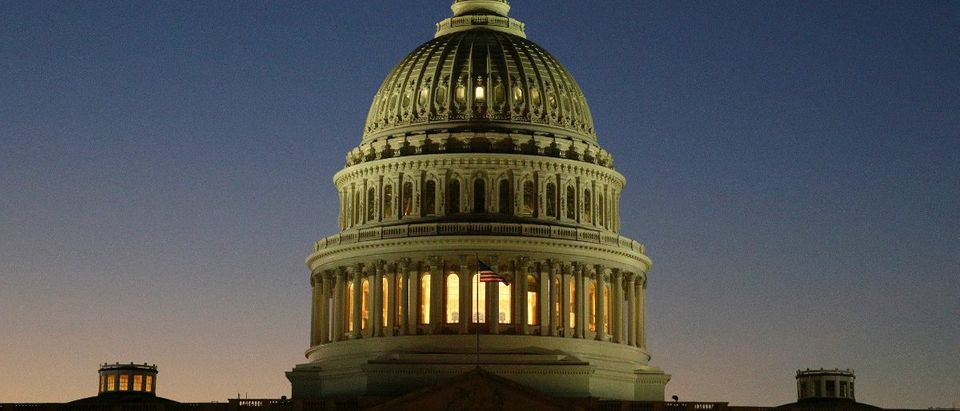Under the Obama Administration, we saw wide-ranging issues of accountability associated with the executive branch. This was also for the case of the Bush Administration prior. Now, under the Trump Administration, the wide held sentiment is to hold government accountable under the influence of rampant distrust of government.
Though, I am not arguing that we need to trust the government because we shouldn’t. More or less, we need to be utilizing the government’s transparency and accountability means against them rather than being fed the piece meal of the liberal and conservative mainstream media.
Simply put, I am hinting at the ability that American citizens have in accessing government reports from independent government auditors and watchdog agencies that consistently find waste, fraud, and abuse.
You’re probably smirking at that thinking that the average American doesn’t care. Truth be told, Americans right now our enjoying an economic boon and optimism that hasn’t been seen since the Great Recession. Nevertheless, the trust of the government, even under the new Republican presidency, has led more and more Americans, regardless of political affiliation, to be skeptical of the actions of government.
That skepticism is well founded. Plus, I argue that as we continue with my analysis that I am not blaming the ability of the Trump Administration to lead for such skepticism; yet, I blame, more, the Congressional Republicans and remaining reminisce of the “Swamp” that haven’t been stomped out.
As I mentioned, access to public information and a plethora of government reports documenting waste is available.
For one, we have publicly accessible data and information from agencies like the Government Accountability Office (GAO).
The agency is responsible for inquiring into the executive branch, based on requests from members of the U.S. Congress. Other entities like the Congressional Budget Office and the Congressional Research Service provide widely public information on how certain legislative proposals may hurt or help constituents while providing measures and recommendations to the targeted entities.
Granted, people allege bias among these agencies based on the make-up of the legislative branch (i.e. a Republican or Democrat controlled Congress); but, speaking from my experience with the information and data provided from the independent watch dogs in the legislative branch, a lot of the information is impartial.
Other agencies that exist are the inspectors general.
If you served in the military or in some uniformed capacity for federal or state law enforcement, an inspector general serves as an unbiased entity to audit other entities for performance, waste, traces of fraud, and abuse of power for example.
The inspectors general vary across the gargantuan executive branch and serve as independent, unbiased entities that hold the leaders and official agencies accountable. There are many cabinet level agencies that have attached inspector general offices that are presidentially appointed and confirmed by the Senate. You can argue that a presidential appointee into these positions can be politically opportunistic; yet, even in the latter days of the Obama White House, the presidential inspectors general grew very impartial against the unlawful behavior of leaders, officials, and agencies themselves.
Other types of inspectors general include IGs being attached to designated federal entities and commissions, legislative staff agencies (i.e. even the GAO has an Inspector General’s Office) and, of course, military entities.
Many of these inspectors general and their immediate staff are charged with carrying out financial and performance auditing, and, in some entities, criminal investigations.
I contend that the OIG offices, in some cases, have been conduits to squash whistleblowers which is an unfortunate occurrence. Changing certain investigation methods and protecting whistleblowers to be more favorable to personal rights is needed, but that is a different conversation.
The general result of this information, though, is that many people have the ability access a lot of the information these entities produced via public reports and Freedom of Information Act requests. You just have to be proactive in getting it you are truly concerned.
Working with private watchdog groups like Judicial Watch, for example, also can yield in peer-reviewed research and information that has been used in litigations against the government.
The end argument here is that American citizens have found the spark to do research, pass their own opinions, and work through advocacy and grassroots organizing to effect change.
It is worth it.


